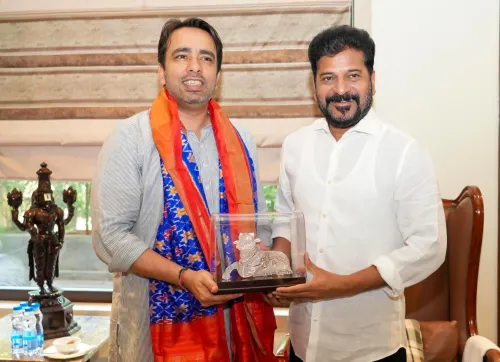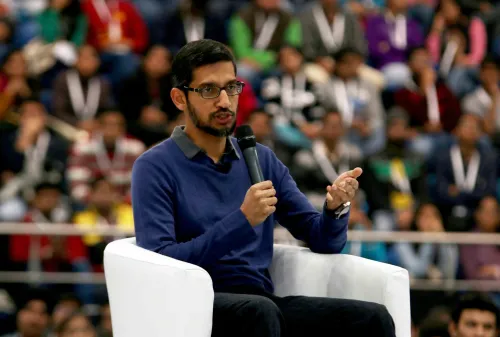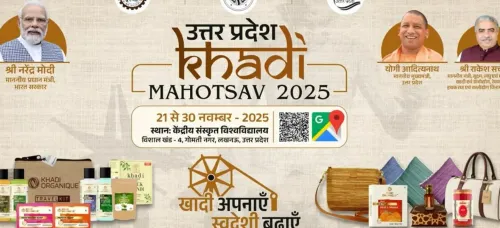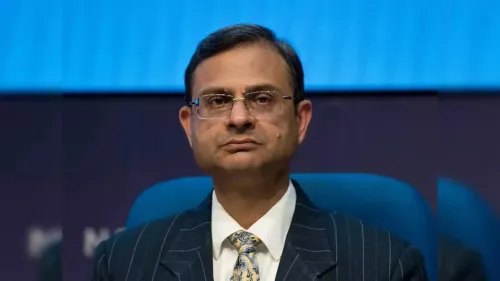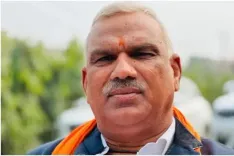Why Has Trump Imposed Higher Tariffs Despite India's Increased Oil and Gas Purchases?
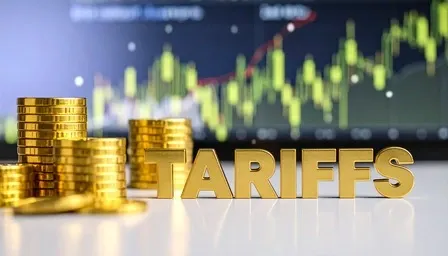
Synopsis
Key Takeaways
- Tariff Implications: Trump's tariffs may contradict other trade dynamics.
- Rising Imports: India’s oil and gas imports from the US have seen a significant rise.
- Strategic Goals: India aims to boost energy imports from the US.
- Diversification: India is diversifying energy sources to reduce dependency on Russia.
- Multi-layered Relations: India and the US share a complex relationship beyond trade.
New Delhi, Aug 15 (NationPress) While US President Donald Trump has implemented a 50 percent tariff on exports from India, he seems to have ignored that India has significantly boosted its imports of oil and gas from the United States. This increase has resulted in a decrease in India’s trade surplus with the US, which aligns with the primary goals of the Trump administration’s trade strategy.
Official data indicates that India's oil and gas imports from the US surged by up to 51 percent from January to June this year. Specifically, the nation’s imports of liquefied natural gas (LNG) nearly doubled, reaching $2.46 billion for the financial year 2024-25, compared to $1.41 billion in 2023-24.
In February, Prime Minister Narendra Modi committed to increasing energy imports from the US to $25 billion by 2025 from $15 billion in 2024, aiming to mitigate the US trade deficit. Following this commitment, Indian government-owned oil and gas firms have engaged in talks for more long-term energy agreements with US companies. New Delhi has also emphasized its strategy of diversifying energy import sources to reduce reliance on Russian oil.
India has clarified that its purchases of Russian oil are not subject to sanctions, as long as they are below the price cap set by the G7 nations. This aligns with US policy, which permits such transactions to ensure that increased oil supply helps prevent international price spikes. Additionally, lower-priced purchases help constrain Russia's revenue.
Furthermore, India highlighted that the US continues to import fertilizers, chemicals, uranium, and palladium from Russia.
Meanwhile, New Delhi has reiterated that the relationship between India and the US is crucial and transcends trade.
The government has stated that India-US relations are multi-faceted, with trade being “only one aspect” of a “very important relationship” grounded in geopolitical and strategic factors.
Additionally, the government has informed the Parliamentary Standing Committee on External Affairs that plans for the sixth round of India-US talks remain unchanged, potentially paving the way for a trade agreement between the two nations.

